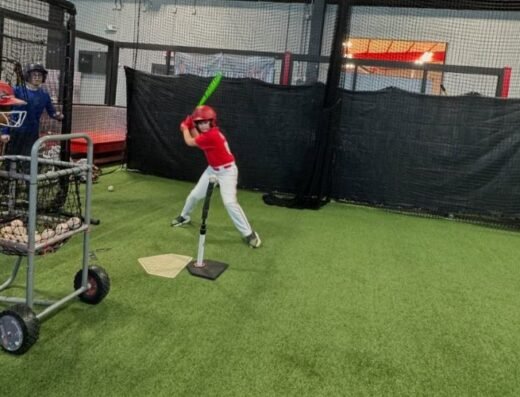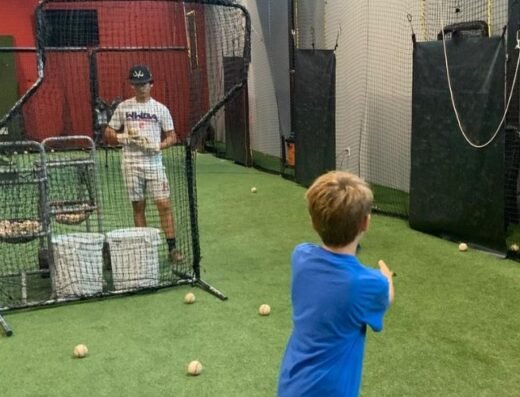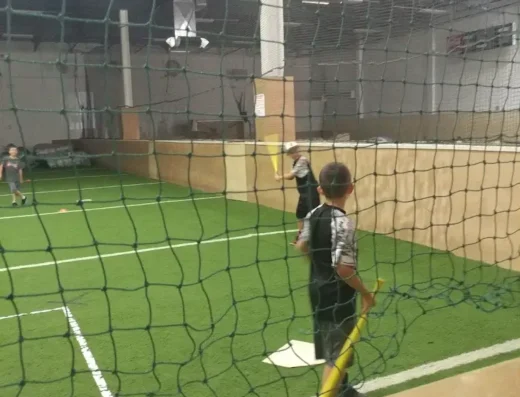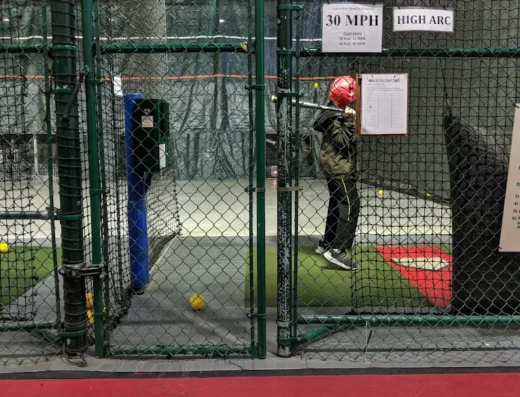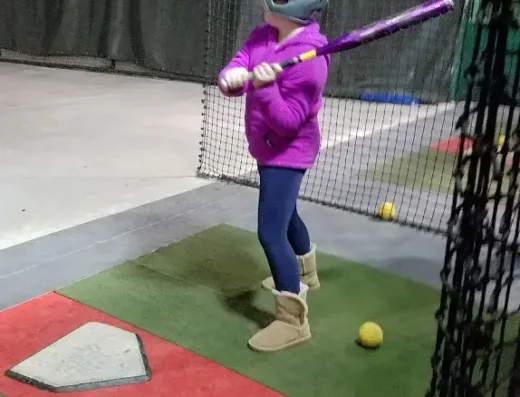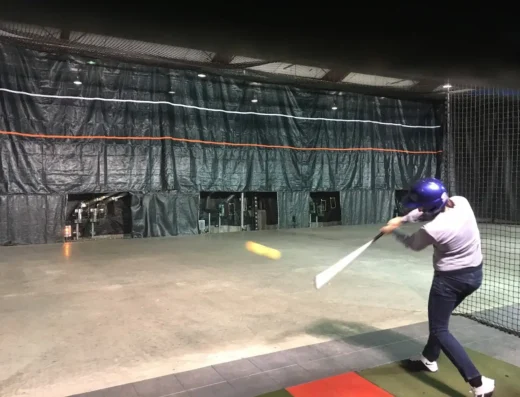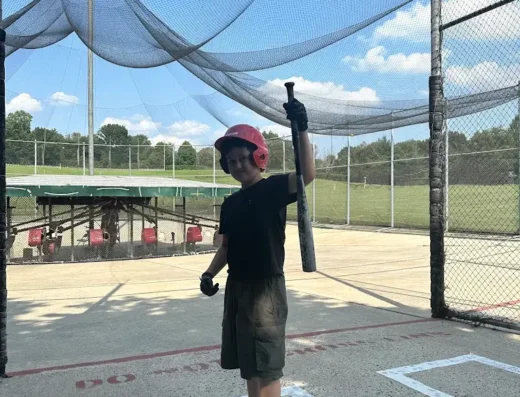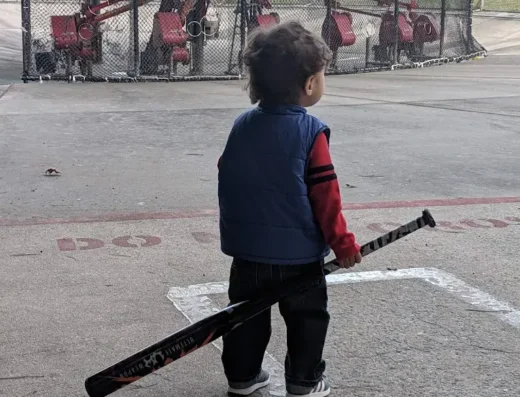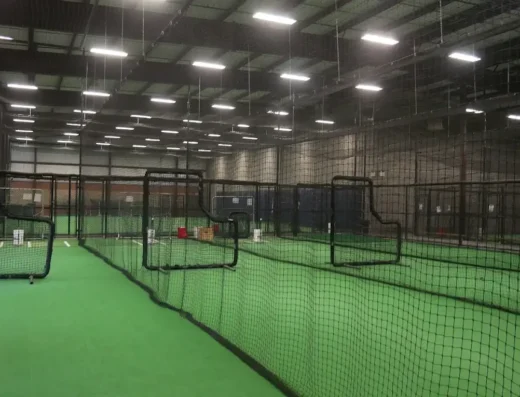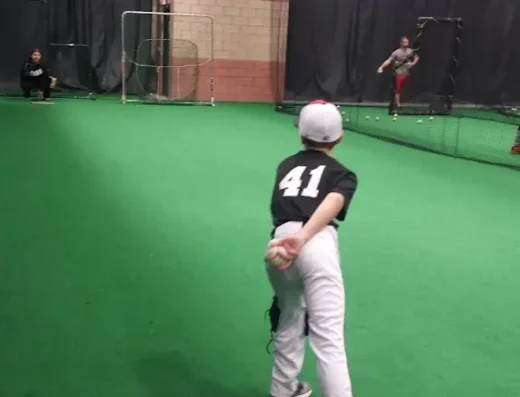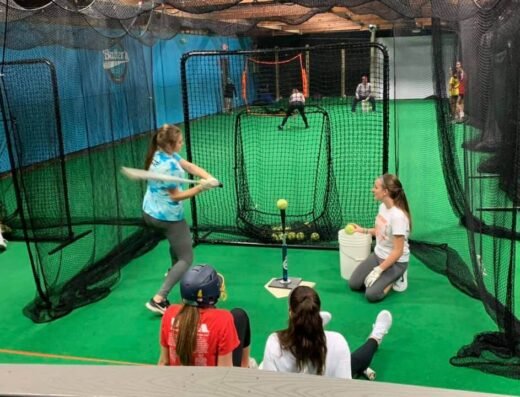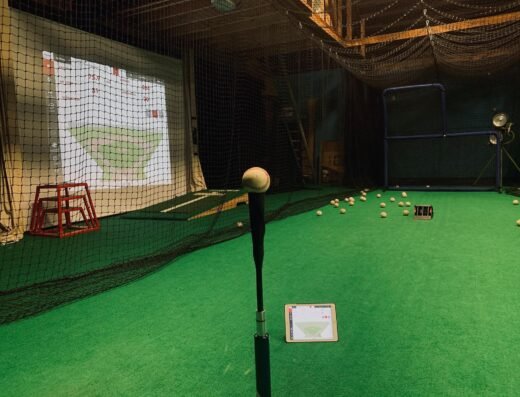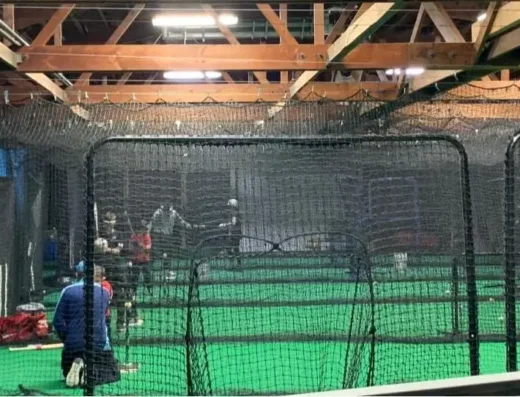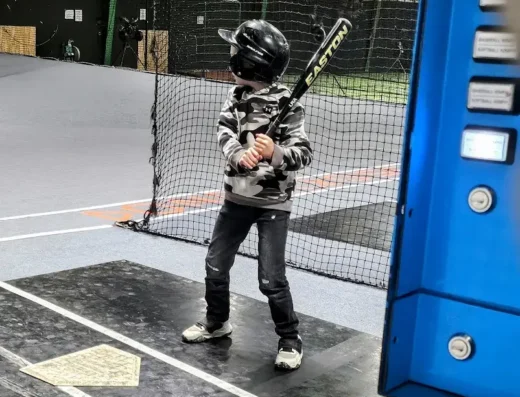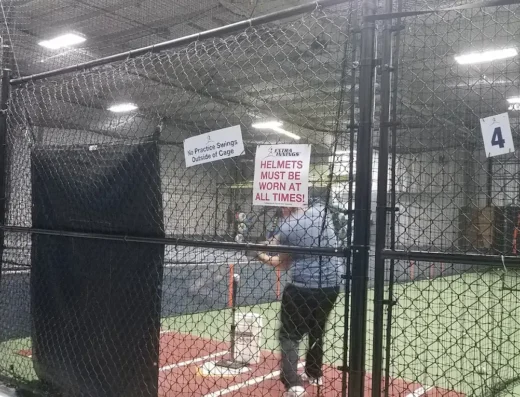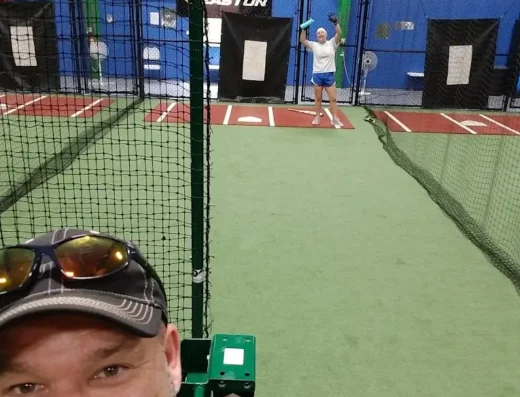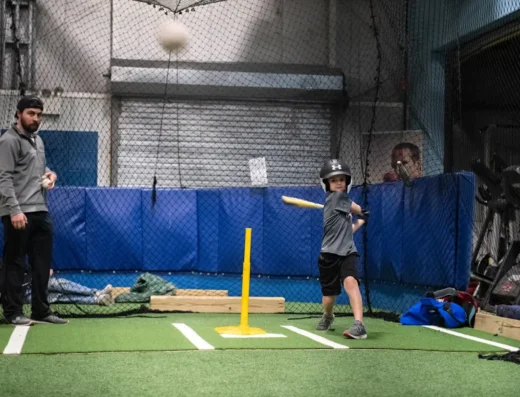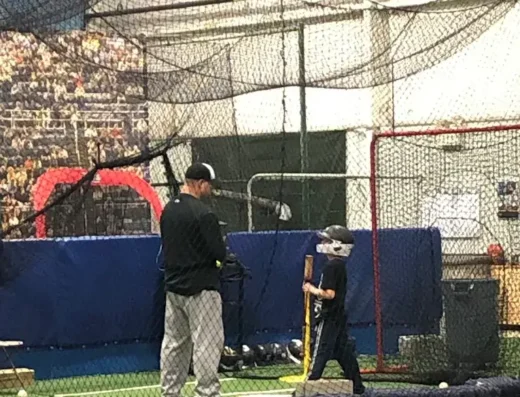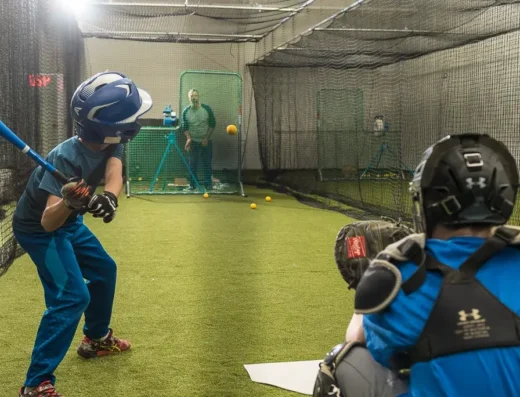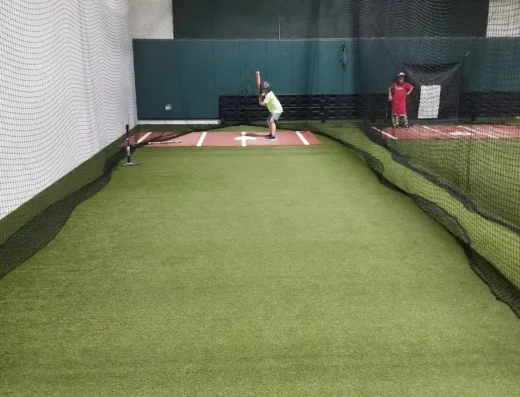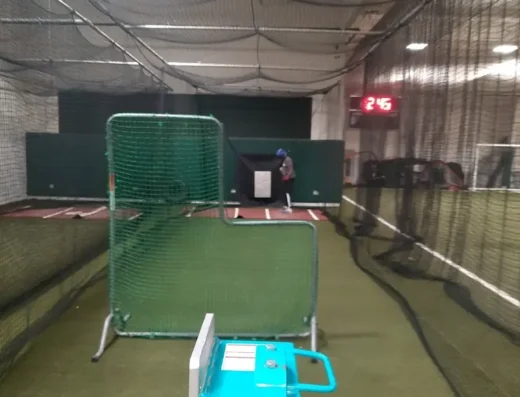Welcome to your go-to guide for Batting Cages in Philadelphia—the ultimate resource for baseball & softball enthusiasts seeking both indoor & outdoor practice options. Whether you’re a weekend warrior honing your swing or a rising star aiming to perfect that batting stance, Philadelphia’s diverse range of facilities has something for everyone. From climate-controlled bays where you can train year-round to open-air cages that let you feel the breeze as you hit, our content will help you make the most of your time at the plate.
Filters
Best Practices Before Your Visit
✅ Call ahead to confirm hours — seasonal and holiday hours change.
✅ Bring your own helmet/bat if you prefer (many places rent—but quality varies).
✅ Check for group discounts or memberships—teams often get package deals.
✅ Arrive 10–15 minutes early for warm-up and setup.
✅ Dress comfortably (athletic shoes, no sandals).
Best Practices After Your Visit
✅ Stretch to avoid muscle soreness after intense sessions.
✅ Leave a review to help other players choose the best facility.
✅ Explore nearby attractions — make it a day (food, parks, or a Phillies game).
✅ Book recurring sessions if you plan to train consistently.
✅ Share your experience with local teams or coaches — word of mouth matters.
Benefits of Regular Batting Cage Practice
Stepping into a batting cage—whether indoor or outdoor—lets you focus solely on your swing mechanics without the distractions of a full game. For baseball & softball players, consistent cage work can lead to improved hand-eye coordination, faster reaction times, and better pitch recognition. Indoor facilities often feature adjustable pitching machines that replicate a variety of pitch speeds and styles, giving hitters the chance to hone in on situational hitting. Meanwhile, outdoor cages can simulate more realistic field conditions, such as natural lighting and variable wind. By dedicating even 30 minutes a few times a week to batting cage drills, you’ll notice advancements in bat speed, stance stability, and overall confidence at the plate.
Indoor vs. Outdoor: Which Cage Environment Is Right for You?
When choosing between indoor & outdoor batting cages, consider your training goals, schedule, and comfort preferences.
Indoor Cages: Ideal for year-round practice, these climate-controlled spaces shield you from rain, wind, and extreme temperatures. Automated pitching machines can be calibrated to throw fastballs, curveballs, or changeups at precise intervals, making it easier to focus on timing and pitch recognition. Many indoor centers also offer video analysis booths where you can review your swing in slow motion.
Outdoor Cages: If you thrive on a more authentic feel, outdoor cages let you experience natural light and fresh air—important for players who want to transition seamlessly to game-day conditions. While weather can be a factor, spring and summer months in Philadelphia are perfect for extended drills. Outdoor venues may also provide larger batting areas, so you can practice bunting, chipping, or even situational hitting against pitchers or coaches.
Preparing for Your Batting Cage Session
You’ve picked your preferred environment—now it’s time to get ready. First, gather your gear: a helmet, glove, and bats suited to your size and strength. Many Batting Cages in Philadelphia allow you to rent gloves and bats on-site, but bringing your own ensures you’re comfortable from the first pitch. Before stepping into the cage, do a dynamic warm-up—leg swings, arm circles, and short sprints—to activate your muscles and reduce the risk of injury. If you’re focusing on a specific skill (e.g., hitting fastballs on the outside corner), set clear objectives for the session. Finally, don’t overlook hydration—keep a bottle of water or a sports drink handy, especially during long outdoor sessions under the summer sun.
Tips to Improve Your Swing Mechanics
Once you’re in the cage, break your work into manageable intervals. Start with soft toss or tee drills to reinforce proper swing path and contact point. As you move to the pitching machine, focus on one mechanical element at a time—whether it’s load timing, hip rotation, or follow-through. Pay attention to where the ball makes contact on your bat: aiming for the sweet spot consistently will help you drive the ball farther. If you can, record a few swings and analyze your form—video feedback is invaluable. Finally, mix up pitch speeds and locations to simulate real-game scenarios. Over time, this structured approach will build muscle memory and allow you to adjust more quickly when facing live pitching.
FAQ
Most batting cages welcome kids as young as 4–5 years old with supervision. Many facilities set minimum height/age for certain machines; check with the venue before visiting.
Yes — you may bring your own bat but confirm the facility’s rules (some restrict wood or heavy bats). Rental bats are usually available.
Philadelphia is famous for its history, museums, and food scene — visit the Liberty Bell, the Philadelphia Museum of Art, or enjoy a cheesesteak. For baseball visitors, combine sightseeing with a batting cage session or a Phillies game.
Backyard kits start around $500–$2,000; commercial installations with turf, lighting, and automated machines can cost several thousand dollars. For exact figures consult suppliers or contractors.
For players serious about repetition, timing, and mechanics, batting cages are a high-value training tool. They provide focused reps and are especially useful for beginners and seasonal players.
No — facilities typically provide balls. Some charge per bucket/session. For private or backyard cages you would need to supply balls.
Typical drop-in sessions in Philadelphia run about $12–$30 for 20–45 minutes. Private lessons, video analysis, and memberships cost more depending on the facility and services.
Indoor batting facilities in Philadelphia typically operate year-round; outdoor cages are seasonal (spring through early fall). Always check hours, especially on holidays.
No — most Philadelphia facilities provide rental bats and helmets, but bringing your own ensures a proper fit and hygiene. Check rules about wood bats or specialty equipment.
Yes — many Philly facilities offer youth settings, slower pitching machine speeds, and classes for beginners. Look for youth-specific sessions when booking.
Yes — many facilities provide team blocks, birthday party packages, and discounted rates for groups. Call ahead to reserve lanes for teams or parties.
For outdoor practice, April through September are ideal. Indoor facilities allow year-round practice, which is useful during winter months.

